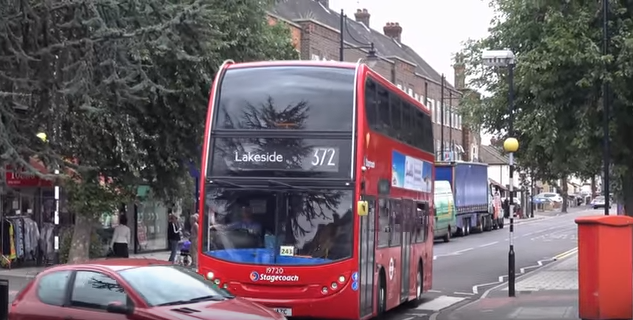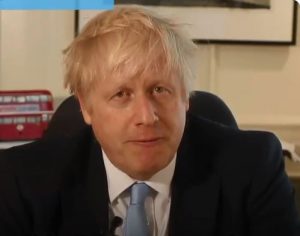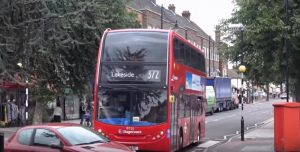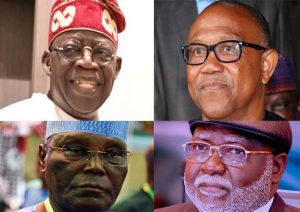
The Sun, UK: ‘What Is The Windrush Generation Scandal, When Did The Children Come To The UK And What Happened To Their Landing Cards?’ By Mark Hodge.
Who are the Windrush generation?
The migrants were named after the Empire Windrush ship which first brought families over to help rebuild post-war Britain.
They arrived on British shores between 1948 and 1971 from Caribbean countries.
The Windrush docked at Tilbury Docks, Essex, on June 22, 1948, carrying 492 people, many of them children.
They came from islands such as Jamaica and Trinidad and Tobago.
How many are there and are they here illegally?
There are around 500,000 people who are resident in the UK who arrived before 1971 and were born in Commonwealth countries, according to Oxford University’s Migration Observatory.
Although many of the child migrants travelled on their parents’ passports, so it is difficult to estimate how many people belong to the Windrush generation.
They have fallen victim to rule changes in 2012 aimed at stopping overstaying.
Their legal status changed overnight despite living, working and paying tax in Britain for decades.
The migrants were told they needed evidence including passports to continue working or getting NHS treatment.
But most arrived on parents’ passports and never applied for travel documents.
Their landing cards had also been destroyed in 2010 while Theresa May was the Home Secretary.
Mechanic Albert Thompson, 63, who came to Britain as a child, was first evicted from his home and then quoted £54,000 to pay for radiotherapy to tackle cancer.
He said: “They’re asking me to prove I’m British. I feel abandoned.”
What have politicians said about the scandal?
Theresa May has been caught up in growing anger over Britain’s treatment of the migrants.
Rule changes mean thousands who arrived from the Caribbean with their parents in 1948 now face being deported.
But it emerged Downing Street snubbed a request for a formal diplomatic discussion on the scandal.
And Home Secretary Amber Rudd issued a grovelling apology for the “appalling” treatment of the Windrush generation.
Representatives of 12 Caribbean countries who asked to meet the PM during the April 2018 meeting of Commonwealth heads were told it would not be on the agenda.
Barbados high commissioner Guy Hewitt confirmed: “We did request a meeting and regrettably they advised us it is not possible.”
British officials later insisted there would be “a number of opportunities” for talks.
A spokesperson for May said the prime minister was clear that “no-one with the right to be here will be made to leave”.
Campaigner David Lammy said the snub “brings great shame on our country”.
But the Labour MP did celebrate a petition calling for an immediate amnesty gaining the 100,000 names needed to trigger a Commons debate.
On April 17, Theresa May personally apologised to Caribbean leaders over the “appalling” treatment of the Windrush generation.
The Prime Minister sought to reassure those who came legally to the UK following World War II and built their lives in the country that they could stay indefinitely.
She welcomed her Jamaican counterpart Andrew Holness to No10 for talks after U-turning on the initial decision to turn down the meeting.
The PM told him the country was a “key partner” and there are “great opportunities” to enhance their relationship.
A new Home Office taskforce has been created to help those affected.




